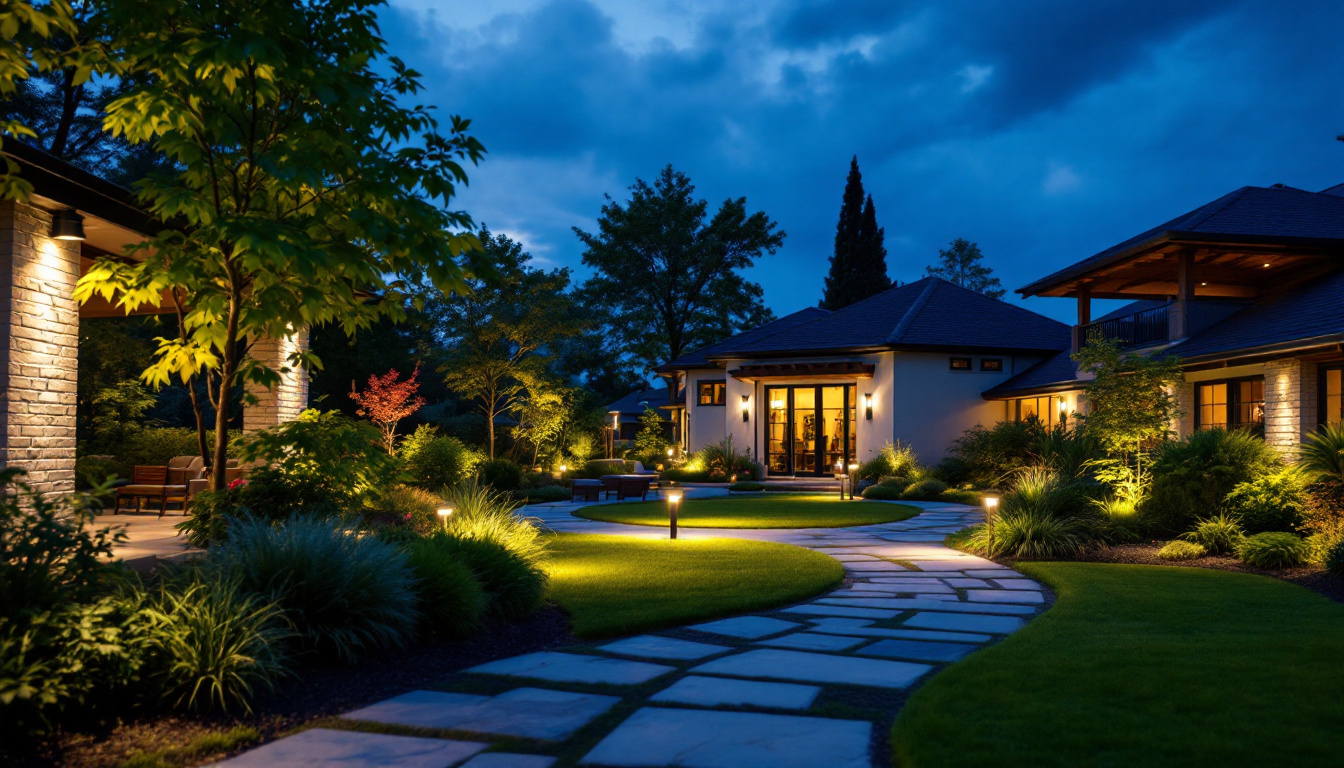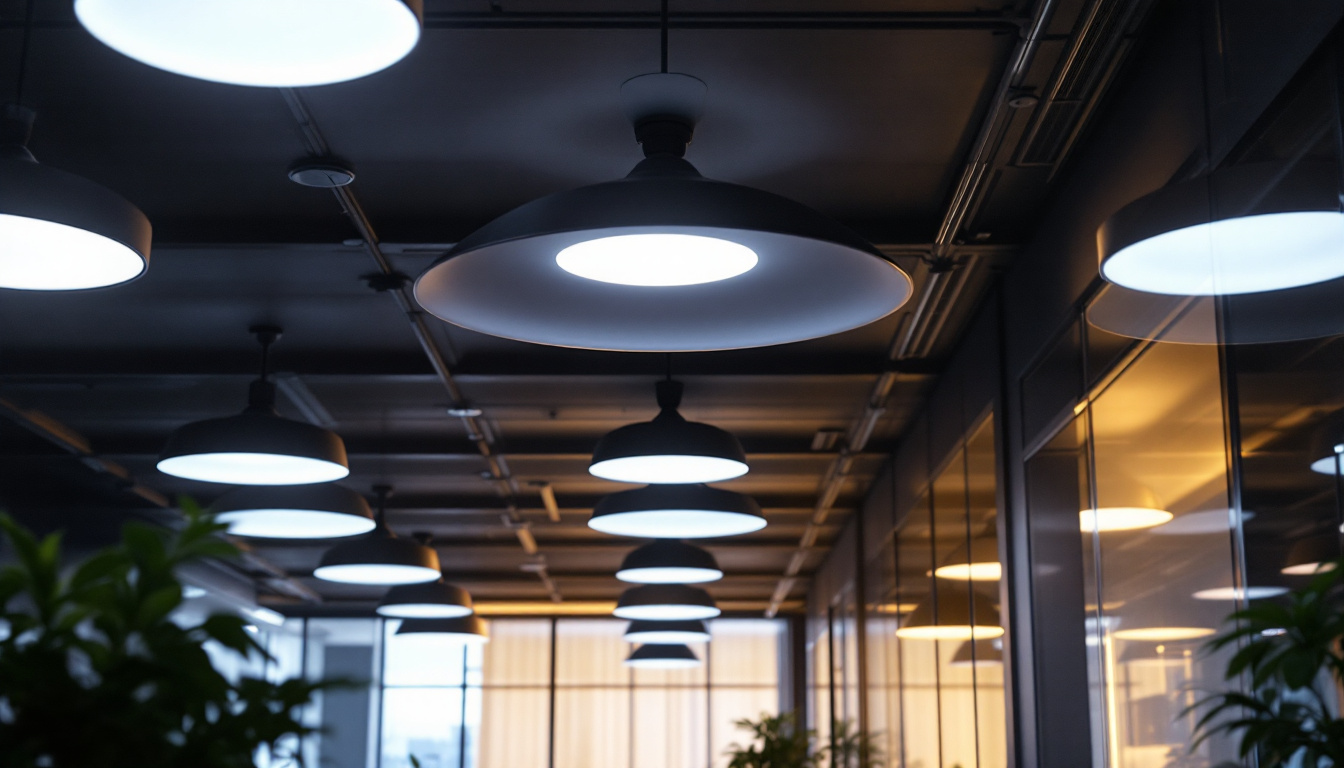
In the world of outdoor lighting, lamp post poles serve as essential components that not only illuminate spaces but also enhance the aesthetic appeal of environments. For lighting contractors, understanding the intricacies of lamp post poles can significantly impact the quality of installations and the satisfaction of clients. This comprehensive guide delves into various aspects of lamp post poles, offering insights that can aid contractors in their projects.
Before diving into the specifics, it’s crucial to grasp what lamp post poles are and their significance in outdoor lighting. These poles are designed to support light fixtures, providing both functionality and style. They come in various materials, heights, and designs, each serving different purposes and environments. Beyond mere illumination, lamp post poles also contribute to the safety and security of public spaces, enhancing visibility during nighttime hours and deterring potential criminal activity. Their presence can transform a dark street into a welcoming pathway, fostering a sense of community and comfort.
There are several types of lamp post poles available in the market, each tailored for specific applications. The most common materials include aluminum, steel, and fiberglass. Aluminum poles are lightweight and resistant to corrosion, making them ideal for coastal areas. Steel poles, on the other hand, offer durability and strength, suitable for high-traffic areas. Fiberglass poles are lightweight and resistant to environmental factors, making them a versatile choice. Additionally, some poles are designed with integrated solar technology, allowing for energy-efficient lighting solutions that harness the power of the sun, reducing electricity costs and promoting sustainability.
When selecting a lamp post pole, design plays a crucial role. The style of the pole should complement the surrounding architecture and landscape. Traditional designs may feature ornate details, while modern poles often have sleek lines. Additionally, height is a vital consideration; taller poles can illuminate larger areas but may require more robust foundations. Furthermore, the choice of light fixture can significantly affect the overall aesthetic and functionality; decorative lanterns can enhance a vintage look, while LED fixtures provide bright, energy-efficient lighting. The color and finish of the pole also matter, as they can either blend seamlessly into the environment or stand out as a statement piece, making a bold impression in public parks, gardens, or urban settings.
Proper installation of lamp post poles is critical for ensuring longevity and optimal performance. A well-installed pole can withstand harsh weather conditions and provide consistent lighting. Here are some best practices to keep in mind during installation.
Before installation, conduct a thorough site assessment. Evaluate the terrain, soil type, and proximity to existing structures. Understanding the site conditions will help determine the appropriate pole height and foundation requirements. Additionally, consider the intended use of the lighting—whether for security, ambiance, or functional purposes—this will influence the placement and spacing of the poles. For example, in residential areas, poles may be spaced closer together to create a warm, inviting atmosphere, while in commercial settings, they may be placed further apart to provide broader coverage and enhance safety.
The foundation is a critical aspect of lamp post pole installation. It must be deep enough to support the pole and withstand wind loads. A common practice is to dig a hole that is one-third the height of the pole. For instance, a 12-foot pole would require a hole at least 4 feet deep. Use concrete to secure the pole in place, allowing it to cure properly before attaching the light fixture. Additionally, consider incorporating drainage solutions around the base of the pole to prevent water accumulation, which can lead to rust and deterioration over time. Using gravel at the bottom of the hole can also improve drainage and provide a stable base for the concrete.
When installing lamp post poles, it’s essential to address electrical considerations to ensure safe and efficient operation. Begin by planning the electrical layout, including the power source and wiring routes. Ensure that all electrical components are rated for outdoor use and are weatherproof to prevent electrical failures. It is advisable to bury electrical lines at least 18 inches deep to protect them from accidental damage and to comply with local codes. Additionally, consider installing a photocell or timer to automate the lighting system, which can enhance energy efficiency and extend the lifespan of the bulbs.
After installation, regular maintenance and inspection are key to prolonging the life of lamp post poles. Schedule periodic checks to assess the structural integrity of the poles, looking for signs of rust, corrosion, or damage from weather elements. Clean the fixtures regularly to ensure optimal light output and replace any burnt-out bulbs promptly. Furthermore, consider seasonal adjustments to the lighting settings, especially in areas with significant seasonal changes, to maintain the desired level of illumination throughout the year. Keeping a maintenance log can also help track repairs and replacements, ensuring that the lighting remains effective and safe for all users.
Lighting contractors must also pay attention to the electrical aspects of lamp post installations. Proper wiring and electrical connections are essential for safety and functionality.
When wiring lamp post poles, use weather-resistant materials to prevent damage from the elements. It’s advisable to run wiring through conduits to protect against moisture and physical damage. Ensure all connections are secure and meet local electrical codes. Additionally, consider using LED fixtures, which are energy-efficient and have a longer lifespan compared to traditional bulbs.
Incorporating lighting controls can enhance the functionality of lamp post installations. Options include timers, photocells, and smart controls that allow for remote management. These controls can help reduce energy consumption and extend the life of the lighting fixtures.
Regular maintenance is essential to ensure lamp post poles remain in optimal condition. Neglecting maintenance can lead to premature failures and increased costs for replacement.
Conduct routine inspections of lamp post poles to identify any signs of wear or damage. Check for rust, loose fittings, and the condition of the light fixtures. Regularly cleaning the poles and fixtures can also improve their performance and appearance. Make it a practice to inspect the wiring and connections to ensure everything is functioning correctly.
Even with proper maintenance, issues may arise. Common problems include flickering lights, complete outages, or physical damage to the pole. For flickering lights, check the connections and replace any faulty bulbs. In the case of outages, inspect the circuit and ensure power is reaching the pole. If the pole is damaged, it may require repair or replacement depending on the severity of the issue.
Selecting a reliable supplier for lamp post poles and related components is crucial for lighting contractors. A good supplier can provide quality products, technical support, and timely delivery.
When evaluating suppliers, consider their reputation in the industry. Look for reviews and testimonials from other contractors. A supplier with a strong track record is more likely to provide high-quality products and reliable service. Additionally, assess their range of products to ensure they can meet varying project requirements.
Cost is always a factor in any project. When comparing suppliers, don’t just look at the price; consider the value offered. A slightly higher price may be justified if the supplier provides superior quality or better customer service. Additionally, inquire about bulk purchasing discounts, which can help reduce overall project costs.
The lighting industry is continually evolving, with new innovations enhancing the functionality and aesthetics of lamp post poles. Staying informed about these trends can provide contractors with a competitive edge.
Smart lighting technology is becoming increasingly popular in outdoor lighting. These systems allow for remote monitoring and control, enabling contractors to manage multiple installations from a single platform. Features such as dimming capabilities, scheduling, and real-time feedback can significantly enhance the efficiency of lighting systems.
As sustainability becomes a priority, eco-friendly lamp post designs are gaining traction. Options such as solar-powered poles and energy-efficient LED fixtures reduce environmental impact while providing effective lighting solutions. Contractors should consider incorporating these options into their projects to appeal to environmentally conscious clients.
Real-world examples can provide valuable insights into effective lamp post installations. Analyzing successful projects can help contractors learn best practices and innovative solutions.
In a recent urban park project, a contractor implemented a combination of traditional and smart lighting solutions. The design featured decorative lamp post poles that complemented the park’s aesthetic while also incorporating smart controls for energy efficiency. The result was a beautifully lit space that enhanced safety and usability during nighttime hours.
Another notable project involved the illumination of a commercial complex. The contractor selected durable steel lamp post poles to withstand high traffic and weather conditions. By integrating LED fixtures and motion sensors, the lighting not only provided safety but also reduced energy costs significantly. This project exemplifies how thoughtful design and technology can elevate functionality.
For lighting contractors, understanding the nuances of lamp post poles is essential for successful installations. From selecting the right materials and designs to ensuring proper installation and maintenance, every aspect contributes to the overall effectiveness of outdoor lighting solutions. By staying informed about innovations and best practices, contractors can enhance their offerings and meet the evolving needs of their clients.
Ultimately, investing time in understanding lamp post poles can lead to improved project outcomes, increased client satisfaction, and a stronger reputation in the lighting industry. As the demand for outdoor lighting continues to grow, being well-versed in lamp post pole options will undoubtedly position contractors for success.
Ready to elevate your lighting installations with the finest lamp post poles on the market? Look no further than LumenWholesale, where we specialize in providing lighting contractors with spec-grade products that blend quality with unbeatable wholesale value. Say goodbye to local distributor markups and hello to our extensive selection that meets rigorous industry standards. With free shipping on bulk orders, you can trust that you’re getting premium lighting solutions at the best price, with no hidden fees. Make your next project shine by choosing Wholesale Lighting at the Best Value with LumenWholesale—where quality, affordability, and convenience come together seamlessly.

Discover the essential insights every lighting contractor needs to know about lighting fixtures.

Discover the top outdoor flood lights that every lighting contractor should consider.

Discover the benefits of a solar power plug for outdoor lights—boost energy efficiency, save costs, and enhance outdoor ambiance.

Explore how ceiling lights in office spaces influence the work of lighting contractors.